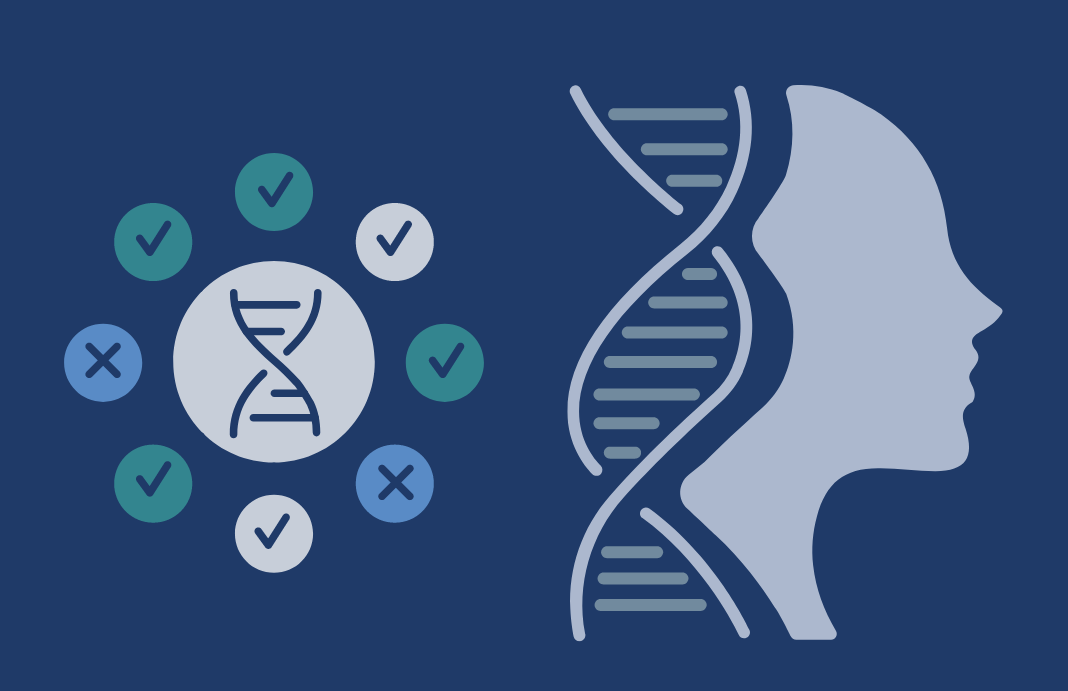Beyond IVF: Eugenics and Reproductive Biotechnology
By Jennifer Denbow,
Nursing Clio
| 10. 31. 2024
Access to in vitro fertilization (IVF) has emerged as a crucial issue in the 2024 election. While the Republican Party Platform claims support for access to IVF, many backers of Donald Trump and Project 2025 have pushed for restrictions on IVF. The Republican-backed Life at Conception Act would declare that an embryo is a human being from “the moment of fertilization.” If it passes, it would endanger IVF treatments across the country. As Senator, Trump’s vice-presidential candidate JD Vance voted against the opposing Right to IVF Act. In contrast, Kamala Harris has committed to access to IVF.
While IVF should absolutely be legally protected, politicians and public commentators should not flatten discussions of reproductive biotechnology as a simple choice between access and restriction. What is missing from this debate is the complex terrain that prospective parents have to navigate regarding reproductive genetic technologies. Over the past 25 years, biotechnology companies have rapidly developed a range of reproductive technologies, from non-invasive prenatal testing to polygenic embryo screening. Companies and researchers claim that other genetic detection, selection, and editing tools are on...
Related Articles
By Diaa Hadid and Shweta Desai, NPR | 01.29.2026
MUMBRA, India — The afternoon sun shines on the woman in a commuter-town café, highlighting her almond-shaped eyes and pale skin, a look often sought after by couples who need an egg to have a baby.
"I have good eggs,"...
By Steve Rose, The Guardian | 01.28.2026
Ed Zitron, EZPR.com; Experience Summit stage;
Web Summit 2024 via Wikipedia Commons licensed under CC by 2.0
If some time in an entirely possible future they come to make a movie about “how the AI bubble burst”, Ed Zitron will...
By Arthur Lazarus, MedPage Today | 01.23.2026
A growing body of contemporary research and reporting exposes how old ideas can find new life when repurposed within modern systems of medicine, technology, and public policy. Over the last decade, several trends have converged:
- The rise of polygenic scoring...
By Daphne O. Martschenko and Julia E. H. Brown, Hastings Bioethics Forum | 01.14.2026
There is growing concern that falling fertility rates will lead to economic and demographic catastrophe. The social and political movement known as pronatalism looks to combat depopulation by encouraging people to have as many children as possible. But not just...




